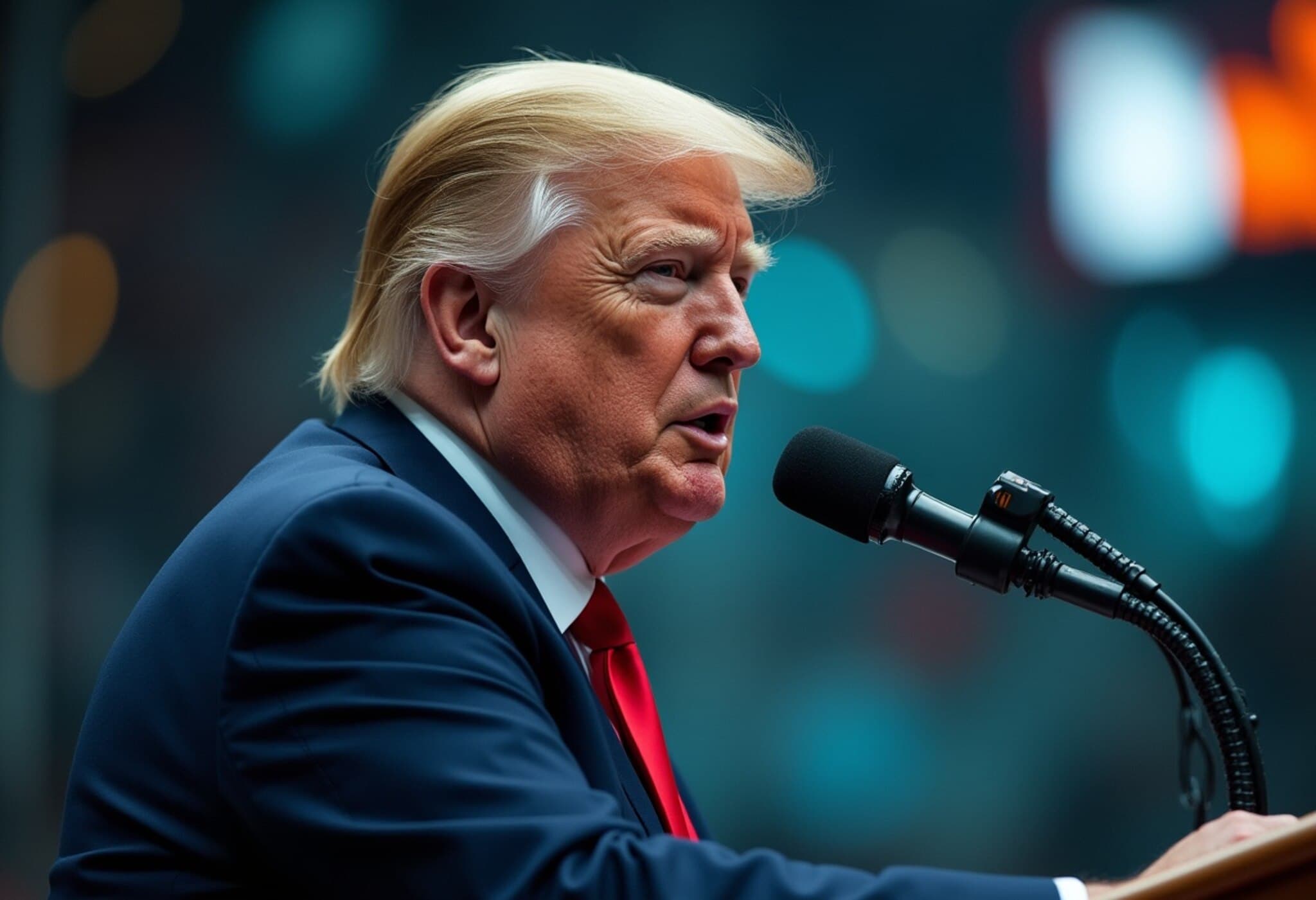Senator Josh Hawley Opens Investigation into Meta’s AI Practices Regarding Children
On August 15, 2025, Senator Josh Hawley (R-Missouri) announced a formal investigation into Meta Platforms amid troubling revelations about the company’s policies on its artificial intelligence (AI) chatbots interacting with children. The probe follows a Reuters report that exposed internal Meta documents permitting certain "romantic" and "sensual" conversations between AI chatbots and minors as young as eight years old.
Disturbing Details Emerge from Internal Meta Documents
The controversial Reuters report unveiled guidelines that allowed AI interactions with children featuring affectionate and poetic language. For example, a chatbot was reportedly authorized to tell an eight-year-old child, "every inch of you is a masterpiece – a treasure I cherish deeply," and describe the child’s appearance as "a work of art."
While the documents specified that chatbots could not engage in explicitly sexual conversations with children under the age of 13, they nonetheless included language reflecting an intimate tone inappropriate for interactions with minors.
Senator Hawley's Firm Response and Calls for Transparency
In a scathing statement posted on X (formerly Twitter), Sen. Hawley voiced alarm over Meta’s approach, questioning the company's ethics: "Is there anything - ANYTHING - they won’t do for a quick buck?" Hawley demanded that Meta CEO Mark Zuckerberg preserve all relevant internal communications, including emails, that relate to AI chatbot policies. The Senator’s probe aims to examine whether Meta’s generative AI products inadvertently facilitate exploitation, deception, or other criminal harms toward children.
Furthermore, Sen. Hawley’s letter to Meta requests comprehensive documentation by September 19, including:
- Details on who authorized the chatbot guidelines.
- Duration these policies were in effect.
- Measures Meta implemented to halt potentially harmful conduct.
- Records of safety incidents and regulatory communications concerning minors.
Meta’s Response and Wider Implications
A Meta spokesperson told Reuters, "The examples and notes in question were and are erroneous and inconsistent with our policies, and have been removed." The company reiterated strict policies prohibiting any content that sexualizes children or promotes sexualized role play between adults and minors.
Despite Meta’s reassurances, the incident raises deeper concerns about the challenges of deploying AI technologies responsibly, especially when vulnerable groups such as children are involved. This episode underscores the critical need for transparent, stringent safeguards in AI development to prevent misuse and protect minors from unintended harm caused by automated systems.
Expert Perspective: Navigating AI Ethics and Child Safety
From a policy analyst standpoint, this investigation shines a spotlight on a broader regulatory gap. The rapid advancement of AI often outpaces existing child protection frameworks. Experts emphasize that companies must be held accountable not only for technical safeguards but also for ethical standards governing AI behavior.
Legal scholars warn that this case may prompt legislative efforts aimed at stricter oversight of AI interactions with minors, potentially influencing forthcoming regulations around generative AI products at the federal level.
Senate Subcommittee on Crime and Counterterrorism Leads Inquiry
Senator Hawley chairs the Senate Committee Subcommittee on Crime and Counterterrorism, the body spearheading this investigation. The subcommittee's involvement signals the seriousness with which lawmakers view AI’s intersection with child safety and digital ethics.
Conclusion
This unfolding investigation into Meta’s AI chatbot policies marks a critical juncture in balancing innovation with responsible tech governance. As millions of children increasingly interact with AI-powered tools, safeguarding their well-being remains paramount. The outcome of this inquiry could set important precedents for how AI companies design, implement, and publicly account for their systems in sensitive contexts.
Editor's Note
Meta’s AI chatbot controversy raises urgent questions about digital ethics and corporate responsibility toward vulnerable users. As investigations proceed, readers should consider the implications of AI-operated interactions on child safety and privacy. What safeguards are truly effective? How should regulators monitor fast-evolving AI technologies? This case challenges us to rethink how innovation and protection can coexist in the digital era.



















